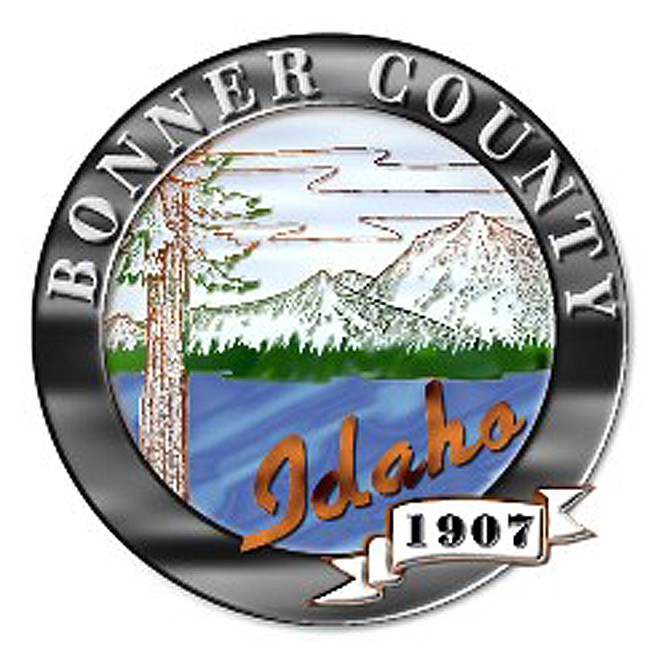Promoting civility in public meetings
A couple of weeks ago I was working during a fairly controversial meeting. The constituents in attendance were all in favor of the business being discussed, however there was one letter that was emailed in opposition. It was requested that I read the letter into the record of the meeting, as I was reading, I could hear the jeers starting, at the end of the letter the entire room broke out in laughter or some other form of negative rebuttal, my heart sank. What has happened to agreeing to disagree? What happens when a group advocating for their constitutional rights are clearly trampling on the rights of others?
Daily I bear witness to the lack of civility in public meetings. Elected officials, employees, volunteers and constituents are consistently berated and attacked for encouraging democratic debate. The Institute for Local Government, Tips for Promoting Civility in Public Meetings states that in the context of democratic debate civility is about how people treat each other. Civility involves the display of respect for those who have positions with which one disagrees.
Disagreement will always play a role in government, the key is to focus on the strengths and weaknesses of proposed solutions to community problems – not to engage in personal attacks against those who favor different solutions. We live a county with diverse perspectives, in meetings it is beneficial to hear all of these differing points of view, while keeping the best interest of our county in mind. Everyone’s right to have their view heard is a central democratic value.
Roberts Rules of Order and Rosenberg’s Rules both promote civility in meetings in varying ways. The following is an excerpt from Rosenburg’s Rules on courtesy and decorum:
The rules of order are meant to create an atmosphere where the members of the body and the members of the public can attend to business efficiently, fairly and with full participation. At the same time, it is up to the Chair and the members of the body to maintain common courtesy and decorum. The Chair should always ensure that debate and discussion of an agenda item focuses on the item and the policy in question, not the personalities of the members of the body. Debate on policy is healthy, debate on personalities is not. The Chair has the right to cut off discussion that is too personal, is too loud, or is too crude.
It is time that we evaluate the way crucial issues are being discussed, with the rise of social media platforms issues are being inflamed, exaggerated, and debated in an unhealthy manner. How do we, the people of Bonner County, begin to promote a more civil discourse? It starts with respect, everyone attending a meeting should respect other attendees’ right to both listen and be heard. Many perspectives often lend to a successful solution and we may end up teaching each other a thing or two.
I will leave this editorial with a quote from Voltaire “I may not agree with what you say, but I will fight to the death for your right to say it”. As always, should you have any questions regarding meetings or anything else involving Bonner County feel free to email me: jessi.webster@bonnercountyid.gov or call our office at 208-265-1438. Until next time …
Jessi Webster is the business operations manager and deputy clerk for the Bonner County Board of Commissioners. She can be reached at the Bonner County Administration Building, 1500 HWY 2, Suite 308, Sandpoint; by phone at 208-265-1438 ; or via email at jessi.webster@bonnercountyid.gov.

